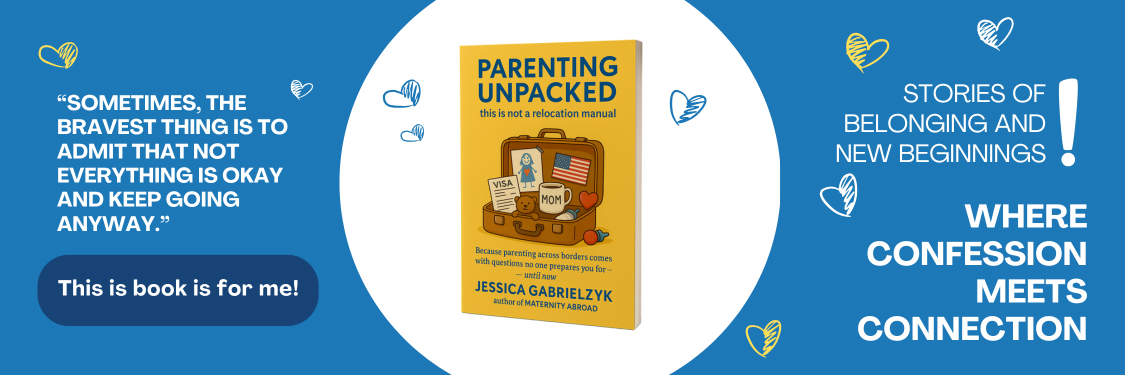Motherhood Abroad and Mental Health: How to Recognize and Treat Postpartum Depression
Imagine this: you’ve just had your baby in another country. The room is quiet, there are no family visits, grandma can’t help, and your friends are thousands of miles away. You hold your newborn in your arms and think you should feel happy. But you don’t.
This is the reality for many Brazilian mothers abroad. Postpartum depression (PPD) is a common challenge anywhere in the world, but it can feel even harder outside Brazil — because of isolation, lack of a support network, and cultural barriers.
📊 What the Data Says
Globally, an estimated 1 in 6 to 1 in 7 women experience symptoms of depression in the first year after giving birth (Woody et al., 2017).
In Brazil, rates are even higher: in one population-based study, 38.8% of mothers showed symptoms of postpartum depression when assessed with the Edinburgh Postnatal Depression Scale (EPDS) (Galletta et al., 2021). Other national studies range from 25% to 38%.
Immigrant and expatriate women are at increased risk. Contributing factors include shorter time living in the host country, social isolation, limited income, language barriers, and marital stress (O’Mahony et al., 2013).
👉 In short: living abroad can increase vulnerability. It’s not the mother’s fault — it’s the context.
⚠️ Warning Signs
Intense and persistent sadness
Constant feelings of emptiness or guilt
Difficulty bonding with the baby
Loss of interest in activities once enjoyed
Sleep and appetite disturbances beyond normal postpartum changes
Thoughts of self-harm or believing your baby would be better off without you
🚨 If there is immediate risk or suicidal thoughts, seek emergency help in your country or call CVV (188 in Brazil, 24/7 in Portuguese, free).
🌍 Why It Can Be Harder Abroad
Smaller support networks → without grandparents, aunts, or neighbors, the load falls mostly on the mother.
Language barriers → describing emotional pain in another language can be frustrating.
Cultural differences → in some countries, mental health is still taboo; in others, motherhood is viewed as more solitary.
Unfamiliar healthcare systems → insurance, rights, and services vary widely.
💡 Paths That Help
Specialized professionals
Psychologists/psychiatrists who understand both motherhood and interculturality.
Telemedicine with Brazilian professionals may be an option.
Support groups
Expat mom networks (online or in person).
Sharing experiences helps reduce isolation.
Screening tools
The Edinburgh Postnatal Depression Scale (EPDS) is used worldwide — ask your local pediatrician or OB.
Back to basics
Sleep when possible, share tasks, accept help.
Light exercise (if cleared by your doctor) can boost mood.
Balanced diet, hydration, and small moments of self-care make a difference
📌 You Are Not Alone
Being a mother abroad is full of contrasts: freedom and loneliness, accomplishment and vulnerability.
Postpartum depression does not define who you are — and it does not mean a lack of love for your baby.
👉 Visit our [Directory of Intercultural Psychologists Worldwide] to find Portuguese-speaking professionals who understand the challenges of mothering far from home.
Seeking help is an act of love — for yourself and for your child.





Immigrant parents rebuild life from scratch while raising children — transforming challenges into resilience, flexibility, and hidden strengths that benefit the workplace.